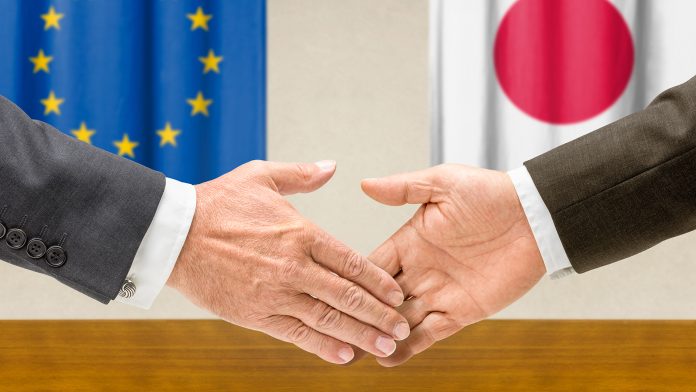The European Commission has announced it will collaborate with Japan to develop cutting-edge advanced materials.
Partnering to innovate advanced materials will be extremely beneficial for the two parties, with these innovative materials essential for advancing renewable energy, batteries, zero-emission buildings, semiconductors, and many other technologies.
Announced by Iliana Ivanova, EU Commissioner for Innovation, Research, Culture, Education and Youth, and Hiroki Matsuo, Japan’s Vice-Minister for Science, Technology and Innovation Policy, the partnership will help strengthen critical areas of the economy.
Ivanova commented: “The new dialogue on advanced materials strengthens our cooperation with Japan in research and innovation.
“These materials are critical for our transition to a green future, and by joining forces, we can get there faster. I look forward to seeing the results of this new cooperation with Japan.”
The announcement follows the EU’s recent Communication on Advanced Materials for Industrial Leadership, adopted on 27 February.
What are advanced materials?
Advanced materials are the game changers of the material world. They possess unique properties that push the boundaries of what is possible, such as metals that are incredibly strong yet lightweight or fabrics that can conduct electricity.
These materials are often born from the marriage of different scientific disciplines. Scientists might combine elements of chemistry, physics, and nanotechnology to create something entirely new.
They can be engineered on an atomic level to achieve specific properties, like superior conductivity or self-healing capabilities.
The development of advanced materials is driven by innovation and the need to address global challenges.
For instance, lighter materials in aeroplanes could reduce fuel consumption. Self-cleaning surfaces in hospitals could combat the spread of germs.
These are just a few examples of how advanced materials are shaping the future for various sectors.
The new partnership between the EU and Japan will help optimise these materials, which will be key to unlocking digital and green transitions.
Strengthening ties between the EU and Japan
This close collaboration between the EU and Japan traces back to the Seventh Framework Programme for research and innovation (2007-13), which allocated €13.1m to fund six projects.
The partnership has since evolved, with advanced materials remaining a focal point of joint endeavours.
This collaboration includes goals such as developing new materials for substituting critical metals or advancing materials for power electronics.
Its objective is to establish a platform for exchanging information on policy advancements and investigating opportunities for joint research in areas of shared interest.
Matsuo commented: “In a global community undergoing a historic transformation, we hope that this dialogue will further broaden the discussion on ways to develop and share basic principles, values, and effective practices.”





